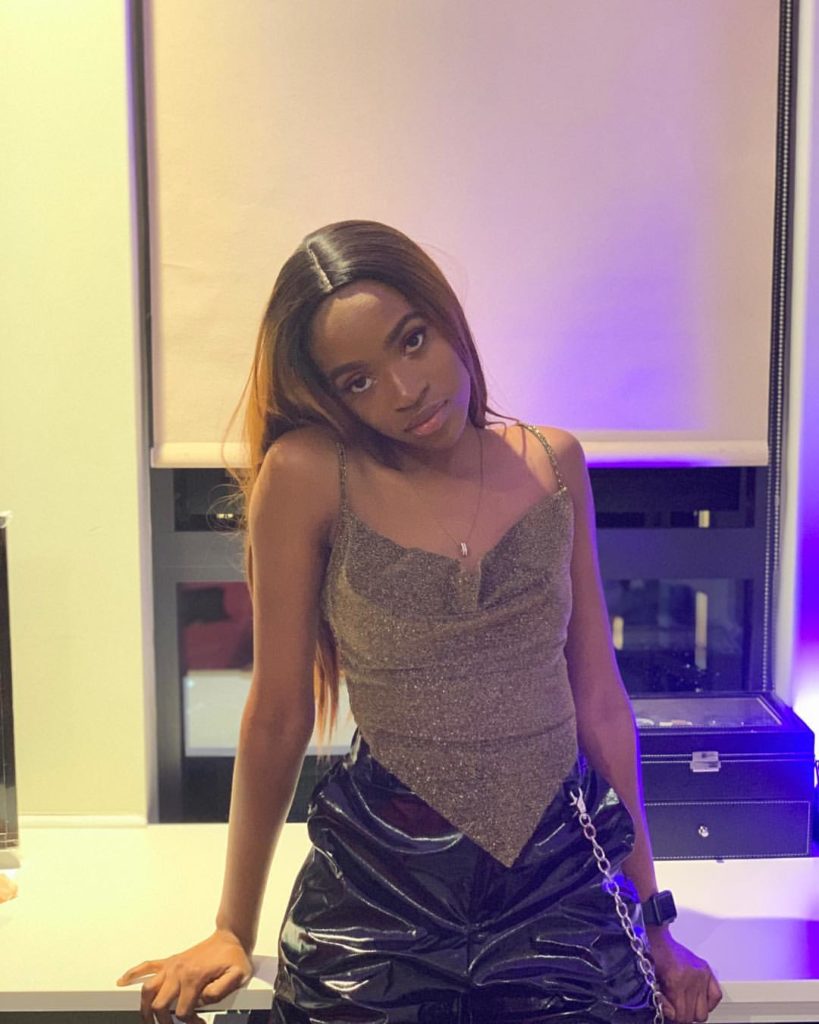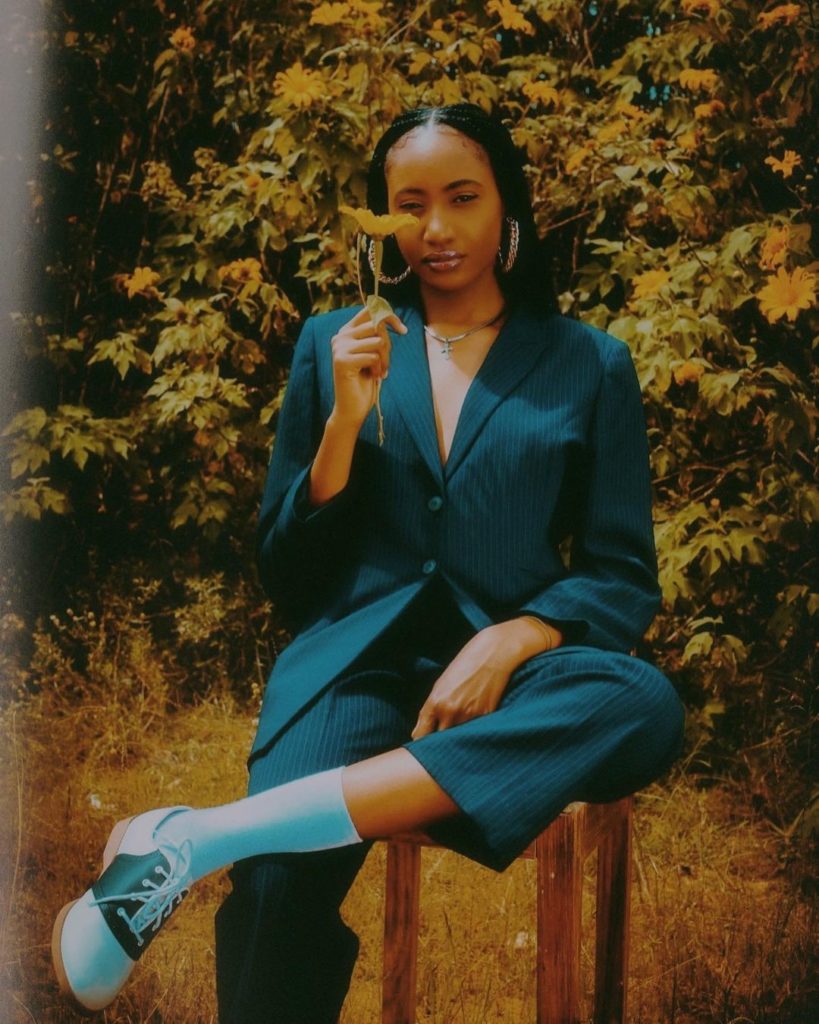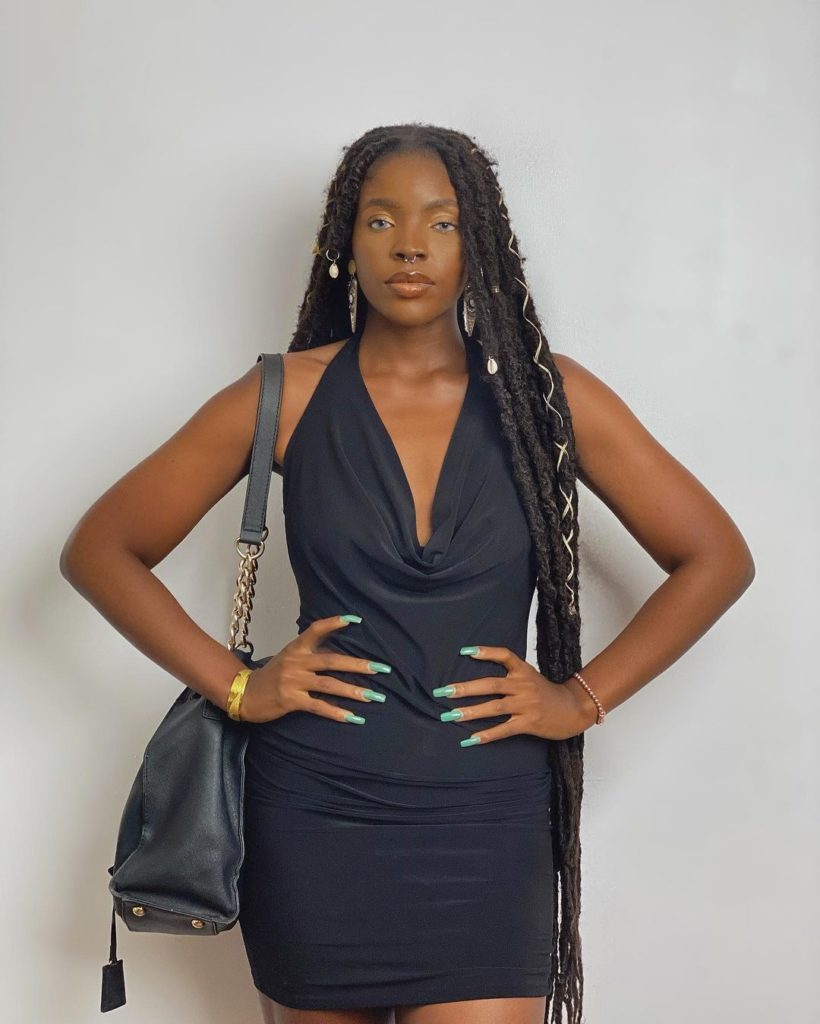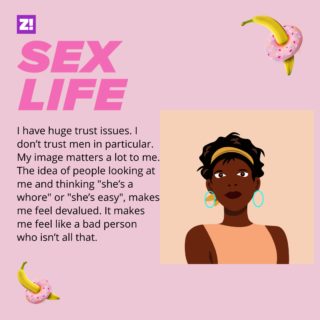It is an open secret that the music industry especially in Nigeria is a boys club. When you take a look at both the veteran and emerging acts who are making waves within and outside the country, it is overwhelmingly male. To assume it is so because women artists aren’t making good enough music or aren’t good enough themselves is the route many have chosen to go but this isn’t just mentally lazy, it also ignores the blatant sexism that plagues the Nigerian music industry.
Nigeria itself is sexist, with sexism manifesting and holding the country back in many ways. A 2017 Stears Business article found out that the Nigerian female labor market participation ratio is embarrassingly low at 75 women to 100 men. The article also found that if women participated as much as men, the GDP would see a 27% rise. This is just one of the ways sexism robs a country, an industry as well as women.
The sexism in Nigeria, largely powered by lack of education which has made it possible to hold on to regressive traditional values, has also manifested itself in the music industry’s model especially in how it treats the women in the industry. Many of the biggest labels have one woman who is usually dubbed the first lady of said label or some other honorific title. The result is that where they are several men under a label – from half a dozen to a dozen – there would be one or two women. And this often means these women are in a precarious situation where if another woman artist is to join said label, they feel their position as first lady/queen, etc could be threatened. A situation like this makes it hard for these women to support themselves because they have to fight for the one or two positions made available for women in the label.
We spoke to three women who are working in the Nigerian music industry about what the sexism in the industry looks like and how bad it is.
Tami Makinde, Music and Culture Journalist

The Nigerian music industry is inherently androcentric and it’s always been that way for as long as I’ve been privy to observe the industry. Women barely break any glass ceilings and when they do, there’s only one spot reserved on top for the ‘Queen’ diminishing the value and accomplishment of other women who could equally be on the same playing field. The culture is so toxic and hinders the growth of female artists who will have to work twice as hard to command the same attention as their male counterparts.
I think it’s quite a big problem but there have been moments of hope particularly with the new vanguard of female artists coming up these days. It’s so inspiring to see bedroom pop make a name for itself with artists like Ictooicy and SOLIS, and also seeing women like Tems dominate the charts both in Nigeria and the UK where she’s never even performed. Women are clearly making a name for themselves and bypassing the gatekeepers by connecting directly to their fans and audiences, and they are all the better for it because there’s less clamor for one ‘Queen Bee’. Everyone is winning as it should be.
I think we need a change in the way we engage with female artists and their work. There does not need to be one main female artist to stand comfortably in a sea of male artists, we need ten women in the room if possible and we need to show younger girls that there’s room for everyone to make it – regardless of gender. I also heard that women are discriminated against by record labels because of the funding it takes to create a female artists brand and that is just absolute crap.
Bella Alubo, Singer and Songwriter

Sometimes I want to share the view of older successful women and say what holds women back is thinking their gender affects the hustle, but denial doesn’t solve problems. Because even if hard work and talent eventually help us breakthrough. suffering isn’t a virtue. It’ll be nice if we didn’t have to.
All is mind. As long as a complete mental shift hasn’t been achieved, everything that exists within society continues to be affected by how people think. If people look at you and the first thing they see is a skewed definition of what they think a woman is, all interactions are affected. I think this is one of the only industries without strict human resource guidelines and so there aren’t really boundaries. A lot of the things we see like managers falling in love with artists or producers hitting on artists or the power dynamic between successful artists and upcoming ones that create room for taking advantage are all very unethical in normal work situations. How big sexism is in the Nigerian industry mirrors the Nigerian society and the norms hardly even matter enough to be called out except in extreme clear situations like rape and physical abuse but there’s a whole lot of mental Olympics that are really not okay if anyone cared to stop & look.
Ending sexism in the Nigerian music industry is kinda like solving global warming. I guess if we could suddenly convince everyone to have sense and realize all human beings are equal and deserving of respect and equal opportunities? I seriously dislike the “women should support women” doctrine because it’s often meant in a sexist way but most minorities that continue to overcome it have done that by banding together to create forces bigger than their problems from the black movement to the LGBT movement, the underlying thing is strength in unity. I’d like to see women intentionally come for the entire market together.
Waye, Singer and Stylist

It’s really a thing of the mind and I don’t understand where the origin is from. Maybe the stereotyped belief that women are weaker.
I am always being told that women are harder to manage or harder to control. Or you have to have known a woman from way back to manage her. Like huh? But I really don’t agree because any human can be easy or hard to work with.
Like I said it’s a thing of the mind. Everyone has to break away from that mindset, that female artists are this and that. And honestly, it starts with the people at the forefront of the music in Nigeria they should really start to treat/see male and female artistes as equals. Because the only thing holding them back from doing that is their mindset. Not resources and not the music, it’s all in their head or everyone’s head. To the extent that the female artist starts to see or believe it. It’s not a hard thing to fix but then again it is.




